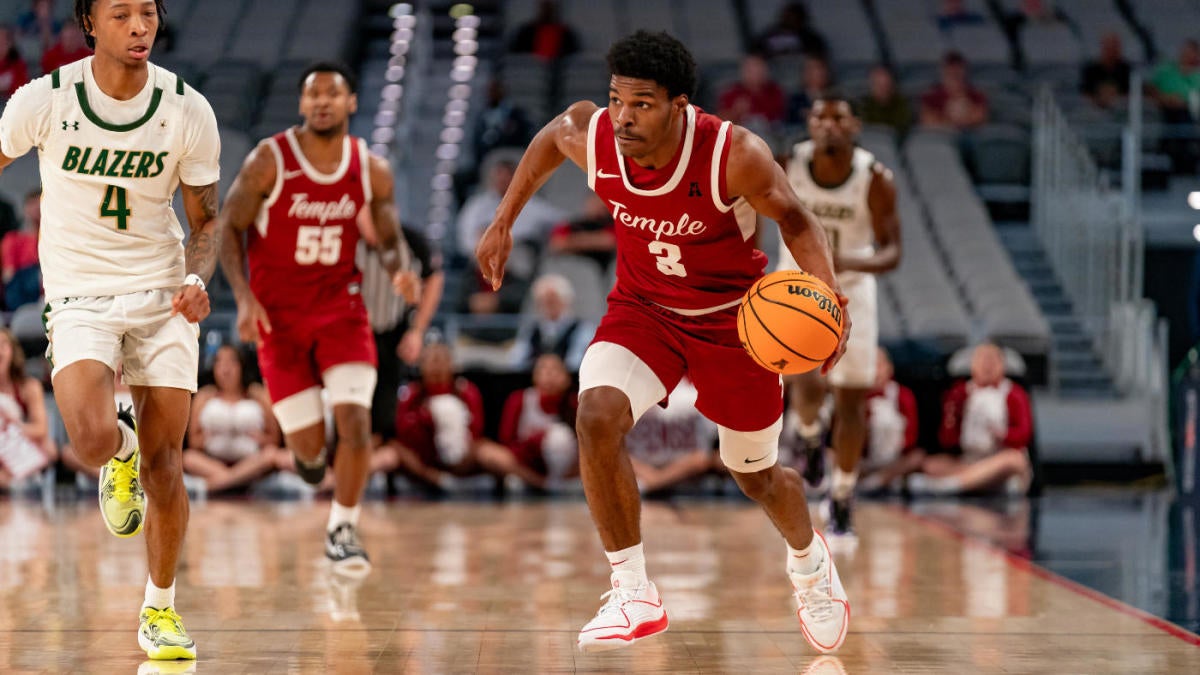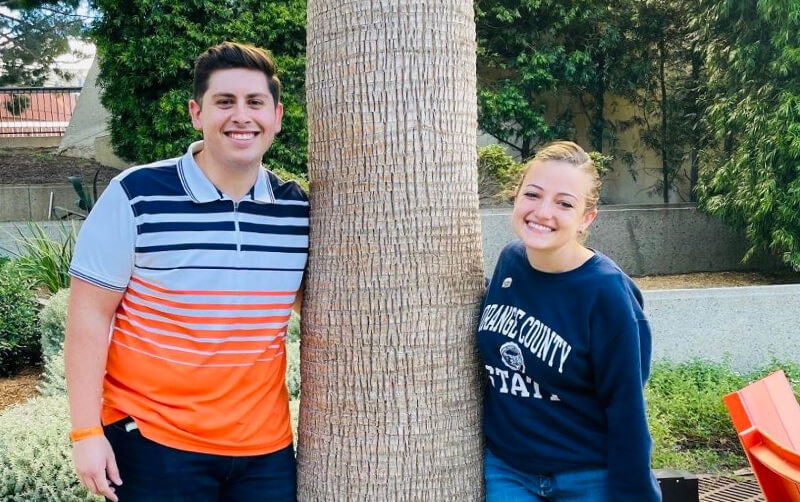Bussiness
I was the last generation in college without a smartphone. We were more spontaneous, and social media didn’t dictate our lives.
- When I first went to college, it was possible not to have a smartphone.
- Since we couldn’t easily stay connected and plan hangouts, we were more spontaneous.
- We also felt more connected and rarely uploaded photos in real time.
When I took a college tour in the early 2000s, I walked carefully around campus, making note of pivotal places. The campus, with its lush trees and lively school spirit, was conveniently built in a circle so that it was easy to navigate. A tour guide pointed out high-traffic areas, referencing crucial dorms and buildings, and I made sure to pay attention because those were the places where I would need to make friends. There wasn’t another option then since I entered college without a smartphone.
While it may seem inconvenient now or even scary, being among the last generation to enter college without a smartphone was a gift. I got to interact with my friends in truly organic ways, which created a lot of spur-of-the-moment memories that I still look back on fondly today. I also didn’t have to worry about cultivating an online persona — something that feels almost mandatory today.
Some people on campus did have smartphones, but they weren’t everywhere. They certainly weren’t as ubiquitous as they are now. Facebook was popular, but social media didn’t dominate our on-campus lives. I just had a basic lime green flip phone, and I loved it.
Some of the best social interactions happened without planning
Like an old sitcom, it wasn’t uncommon for friends to stop by each other’s dorm rooms or off-campus apartments. Sometimes, the person you were looking for would be there; sometimes, they weren’t. But some of the impromptu visits could lead to lifelong inside jokes or memories. I learned that firsthand.
Since you couldn’t make a plan via text, it wasn’t seen as invasive to drop in and see if your friend wanted to head to the gym with you or grab food. There was less structure, but the downtime allowed for more random moments.
There were fewer preconceived notions of strangers
Meeting new people meant getting to know them in person first. A new face on campus was usually just a new face. I hadn’t been bombarded with their photos online beforehand. I didn’t know their online aesthetic yet. I was meeting them for the first time and, more often than not, knew nothing about them.
I checked social media on a computer sporadically, and then I was off to live my life and meet new people. At that time, not many were building online personalities yet, so there was nothing to learn about my classmates.
I had more freedom
There was an opportunity for freedom, especially from family dynamics.
I remember a girl who had a smartphone, and her parents tracked her. I told her she could just leave the phone in her room and still come out. That situation seemed unfathomable to me, a total invasion of privacy, especially for an adult. Now, it is the norm for many parents to track their children’s locations, even when those children become college-aged adults.
Being independent and having new experiences as a young adult without having to constantly check in with anyone was pivotal for many new college students.
No one was posting pictures and updates in real time
Many of the silly college antics were ephemeral. There wasn’t necessarily a digital footprint of bad fashion choices or an intense but short-lived romantic relationship.
Of course, Facebook was popular, but photo uploads usually happened the next day after reviewing the SD card from a digital camera. There was time to reevaluate and curate images. There was no pressure to post things in real time, and that allowed me to help live in the moment.
Instead of getting ready to take pictures, my friends and I got ready for the night out. The pictures documented what we were planning to do rather than dictating it.
Connecting with people was more intentional
Not being so connected online helped me be more connected in real life with my friends. I didn’t get service in most places, and I wasn’t a prolific texter, so not being distracted by my phone helped me make memories with the people around me.
When I did want to connect with people from home, I was very intentional about it. Since I didn’t have great service inside, I would head outside for a walk, meandering up and down the narrow streets, and give whoever I was on the phone with — usually my best friend from high school or my sister — my full attention.
By junior year, I did have a smartphone. They had become increasingly necessary, especially for school. But I’m grateful I got to experience time without one, especially during such a transformative time in my life.









